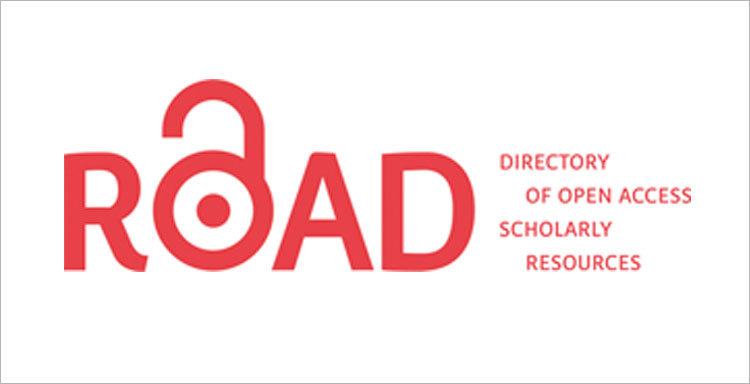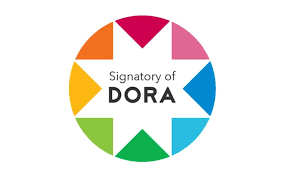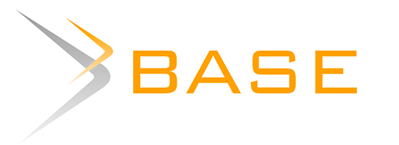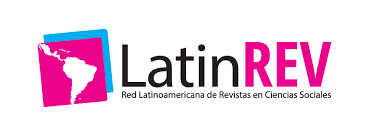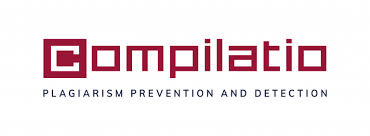Methodology of cost accounting
Review article
Keywords:
Accounting, economy, capital, costsAbstract
The world has evolved, it has become turbulent and the organizational structures are increasingly complex, because the rapid and significant technological innovations coupled with its ability to endorse any nation and the gradual increase in the international circulation of both money and money. information, have caused organizations in all economic sectors to face higher levels of uncertainty and change. In new business environments, product life cycles are shortened, customers are more demanding, competition is global, organizations move away from standardized mass production and seek mass individualization, relationships between agents are based on confidence and the challenge is to create competitive advantages by maximizing the productivity of intellectual capital. These trends changed the way of doing and organizing business, as well as the type of information that managers require to plan and control the operations of their companies.
According to Mintzberg (1995) “There are five control mechanisms that seem to explain the fundamental ways in which organizations coordinate their work: mutual adaptation, direct supervision, normalization of work processes, normalization of work results, and standardization of employee skills. employee. These should be considered as the fundamental elements of the structure, as the binder that holds the organization together”. Strategic formulation is the decision process about the organization's objectives and the strategies to achieve them, management control is the process of implementing such strategies, and operations control is the process by which it is ensured that all specific tasks are carried out. develop according to the standards established in the management control process (Anthony and Govindarajan, 2001).
Also known as internal, analytical or management accounting. Also, contemporary cost accounting is often called management accounting. Specifically, it is not until 1885 when Henry Netcalfe published his book "Industrial Costs", that Cost Accounting can be distinguished as a scientific area of knowledge separate from General Accounting (Gutiérrez, 2005).
Johnson and Kaplan (1988) highlight that, in the historical evolution of cost accounting, the 1980s are characterized as the period of obsolescence of management accounting systems; they also state verbatim: "Contemporary cost accounting and management control systems ... no longer give accurate signals on the efficiency and profitability of internally managed transactions"
A detailed compendium of the doctrinal situation of Cost Accounting in Latin America can be consulted in Lizcano Co. (1996).
Cost accounting, whether it is considered an independent discipline, synonymous with or a subset of Management Accounting, as pointed out by Mallo et.al. (2000), “as a part of the economics of the company, a science that is framed in the sciences of collective behavior (sociology), individual (psychology) and of interaction between individuals and groups (social psychology), must base its reasoning, laws and generalizations in economic science, and modeling, as far as possible, through the mathematical apparatus, taking into account that its results and conclusions cannot be considered valid a priori generalizations to apply to all kinds of companies ”. Strategies can also be implemented through organizational structure, decision processes, human resource management, and organizational identity. According to Ouchi (1979), three control mechanisms can be identified in organizations: bureaucratic, market and clan; which may have completely different conceptual connotations, but underlie organizations as hybrids resulting from various combinations.
Keywords: Accounting, economy, capital, costs.
Downloads
Published
How to Cite
Issue
Section
License
Copyright (c) 2019 Revista Científica Multidisciplinaria SAPIENTIAE. ISSN: 2600-6030.

This work is licensed under a Creative Commons Attribution-NonCommercial-ShareAlike 4.0 International License.


2.jpg)


